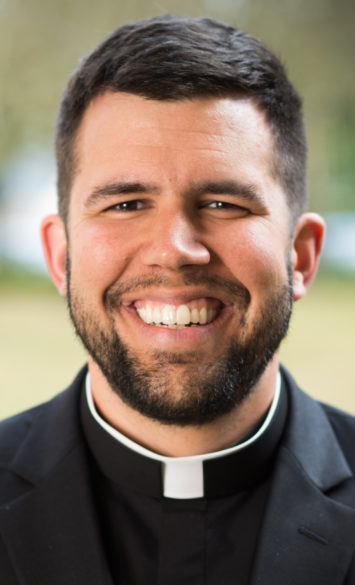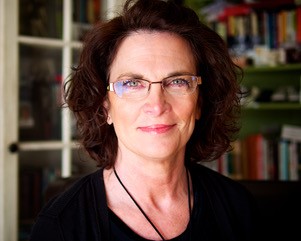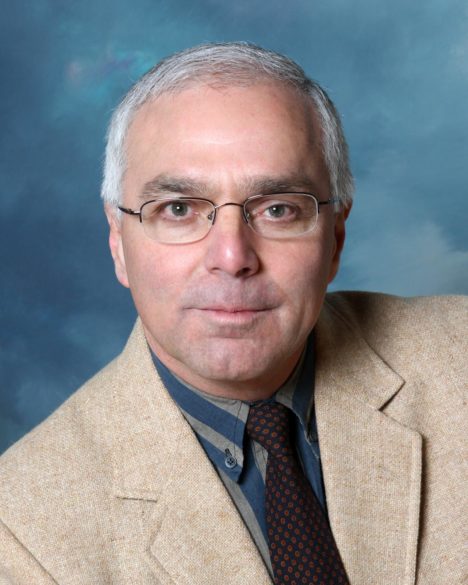IN EXILE
By Father Ron Rolheiser, OMI
At the risk of being simplistic, I want to say something about prayer in a very simple way.
While doing doctoral studies, I had a professor, an elderly Augustine priest, who in his demeanor, speech, and attitude, radiated wisdom and maturity. Everything about him bespoke integrity. You immediately trusted him, the wise old grandfather of storybooks.
One day in class he spoke of his own prayer life. As with everything else he shared, there were no filters, only honesty and humility. I don’t recall his exact words, but I remember well the essence of what he said and it has stayed with me for the nearly forty years since I had the privilege of being in his class.

Here’s what he shared: prayer isn’t easy because we’re always tired, distracted, busy, bored and caught up in so many things that it’s hard to find the time and energy to center ourselves on God for some moments. So, this is what I do: no matter what my day is like, no matter what’s on my mind, no matter what my distractions and temptations are, I am faithful to this: Once a day I pray the Our Father as best I can from where I am at that moment. Inside of everything that’s going on inside me and around me that day, I pray the Our Father asking God to hear me from inside of all the distractions and temptations that are besetting me. It’s the best I can do. Maybe it’s a bare minimum and I should do more and should try to concentrate harder, but at least I do that. And sometimes it’s all I can do, but I do it every day as best I can. It’s the prayer Jesus told us to pray.
His words might sound simplistic and minimalistic. Indeed the church challenges us to make the Eucharist the center of our prayer lives and to make a daily habit of meditation and private prayer. As well, many classical spiritual writers tell us that we should set aside an hour every day for private prayer, and many contemporary spiritual writers challenge us to daily practice centering prayer or some other form of contemplative prayer. Where does that leave our old Augustinian theologian and his counsel that we pray one sincere Our Father each day – as best we can?
Well, none of this goes against what he so humbly shared. He would be the first to agree that the Eucharist should be the center of our prayer lives, and he would agree as well with both the classical spiritual writers who advise an hour of private prayer a day, and the contemporary authors who challenge us to do some form of contemplative prayer daily, or at least habitually. But he would say this: at one of those times in the day (ideally at the Eucharist or while praying the Office of the Church but at least sometime during your day) when you’re saying the Our Father, pray it with as much sincerity and focus as you can muster at the moment (“as best you can”) and know that, no matter your distractions at the moment, it’s what God is asking from you. And it’s enough.
His advice has stayed with me through the years and though I say a number of Our Fathers every day, I try, at least in one of them, to pray the Our Father as best I can, fully conscious of how badly I am doing it. What a challenge and what a consolation!
The challenge is to pray an Our Father each day, as best we can. As we know, that prayer is deeply communitarian. Every petition in it is plural – “our,” “we,” “us” – there’s no “I” in the Our Father. Moreover, all of us are priests from our baptism and inherent in the covenant we made then, we are asked daily to pray for others, for the world. For those who cannot participate in the Eucharist daily and for those who do not pray the Office of the Church, praying the Our Father is your Eucharistic prayer, your priestly prayer for others.
And this is the consolation: none of us is divine. We’re all incurably human which means that many times, perhaps most times, when we’re trying to pray we’ll find ourselves beset with everything from tiredness, to boredom, to impatience, to planning tomorrow’s agenda, to sorting through the hurts of the day, to stewing about who we’re angry at, to dealing with erotic fantasies. Our prayer seldom issues forth from a pure heart but normally from a very earthy one. But, and this is the point, its very earthiness is also its real honesty. Our restless, distracted heart is also our existential heart and is the existential heart of the world. When we pray from there, we are (as the classical definition of prayer would have it) lifting mind and heart to God.
Try, each day, to pray one sincere Our Father! As best you can.
(Oblate Father Ron Rolheiser, theologian, teacher and award-winning author, is President of the Oblate School of Theology in San Antonio, Texas. He can be contacted through his website www.ronrolheiser.com.)




